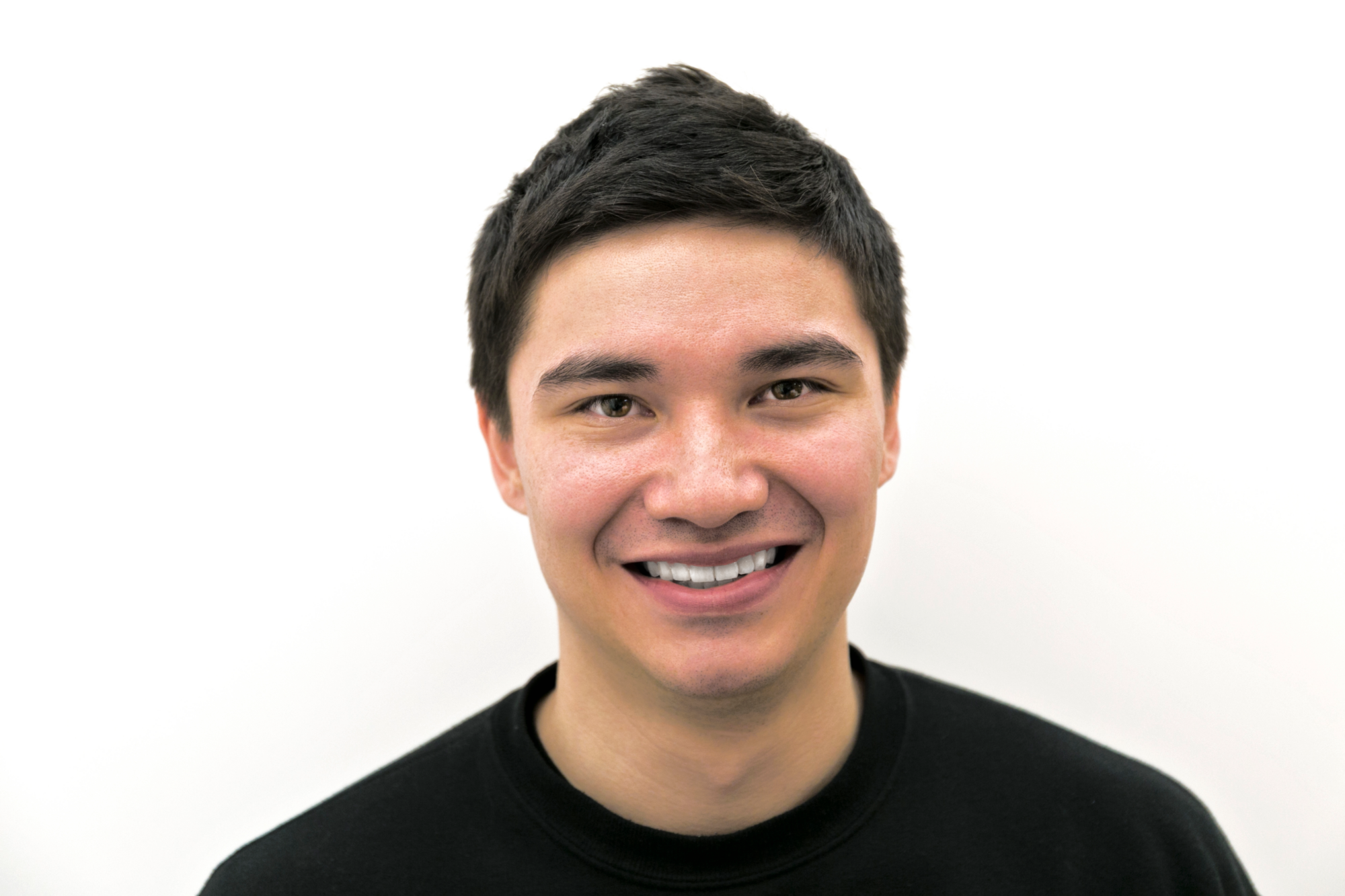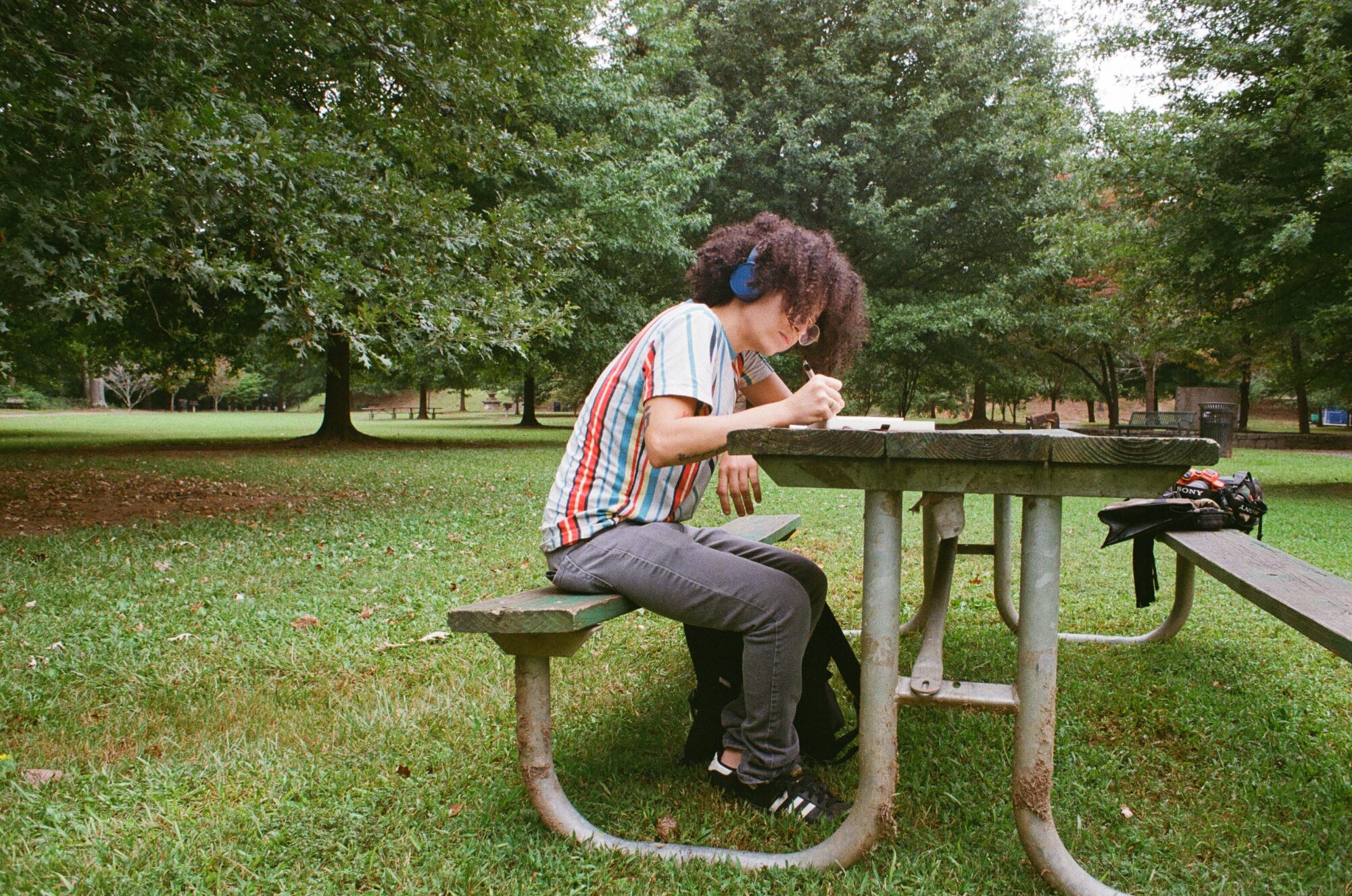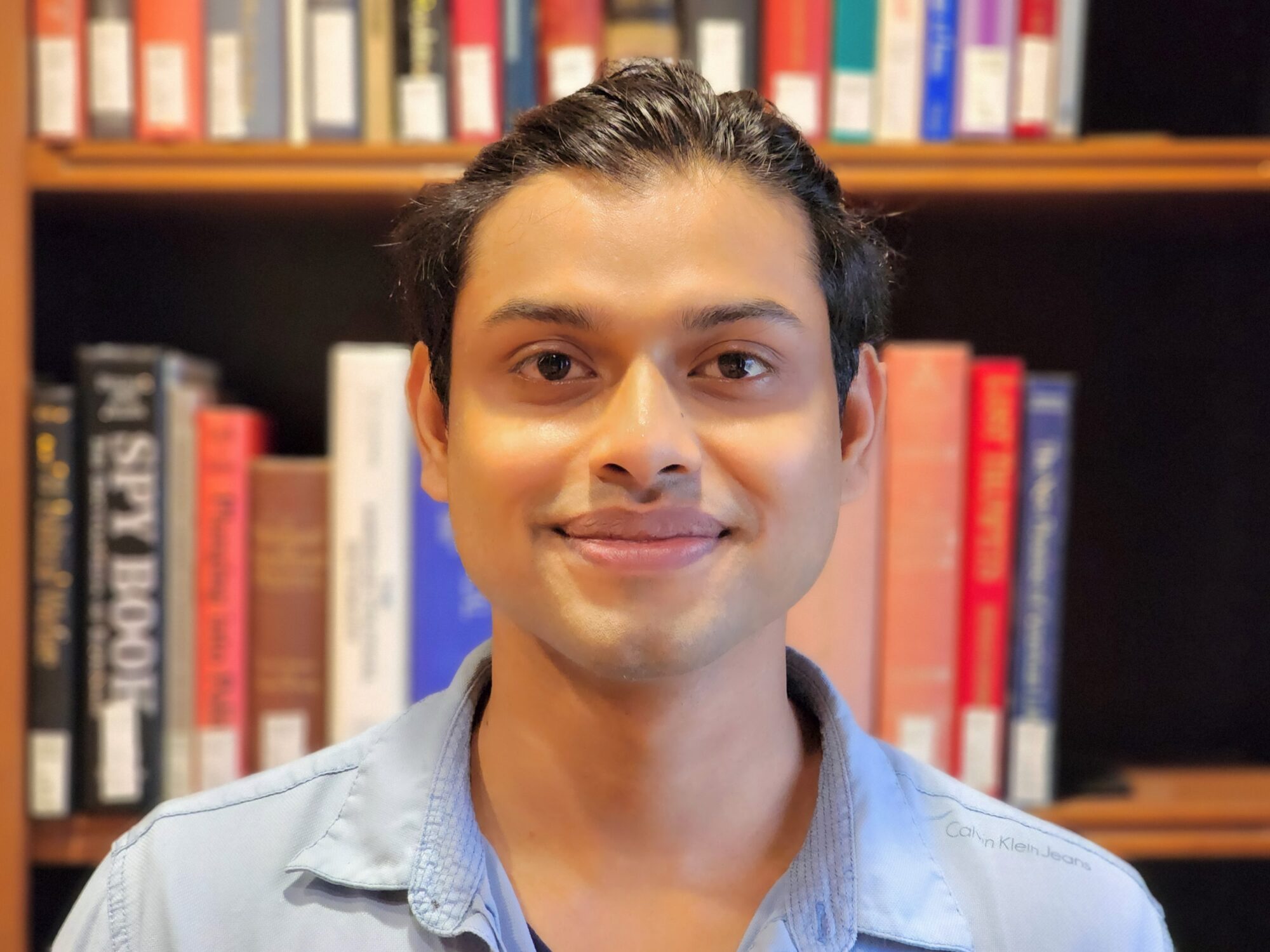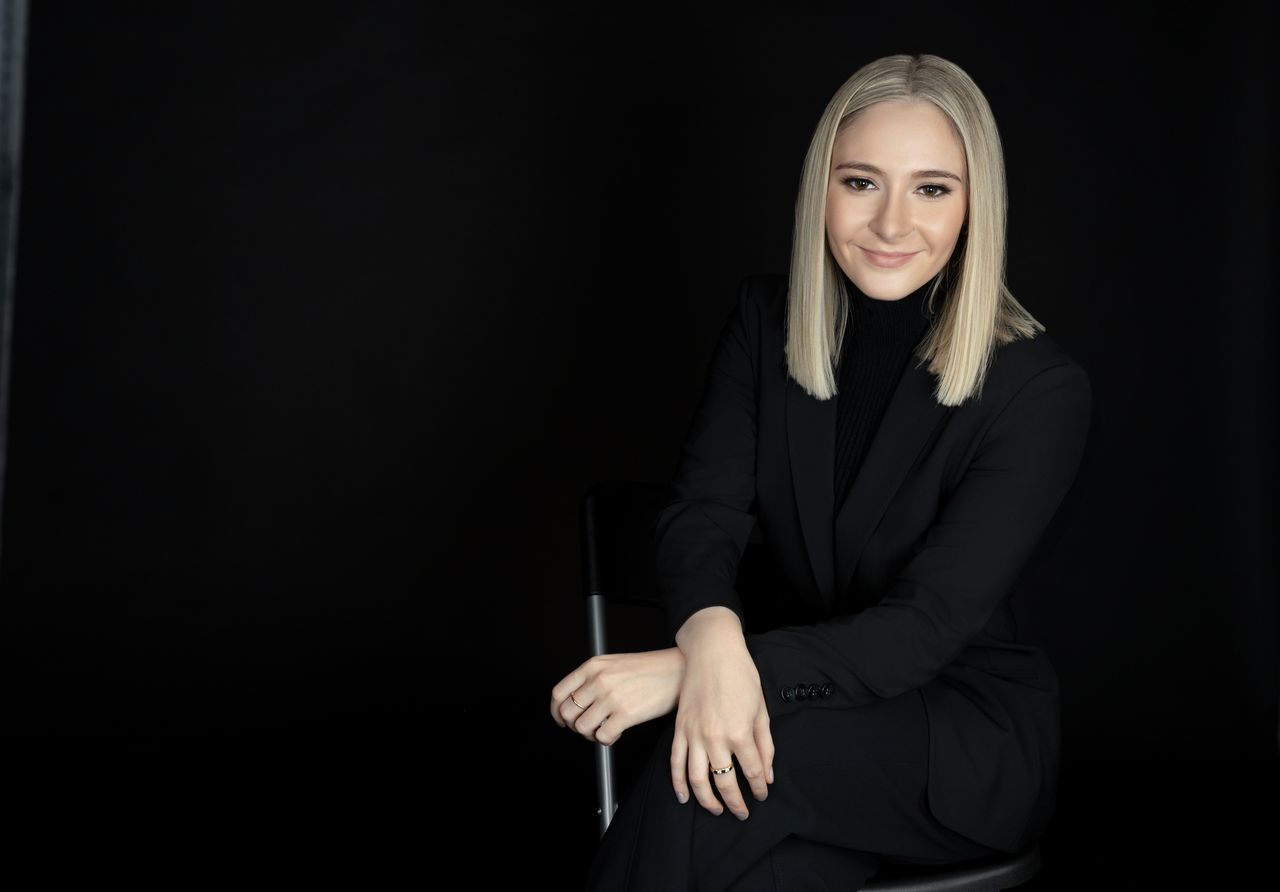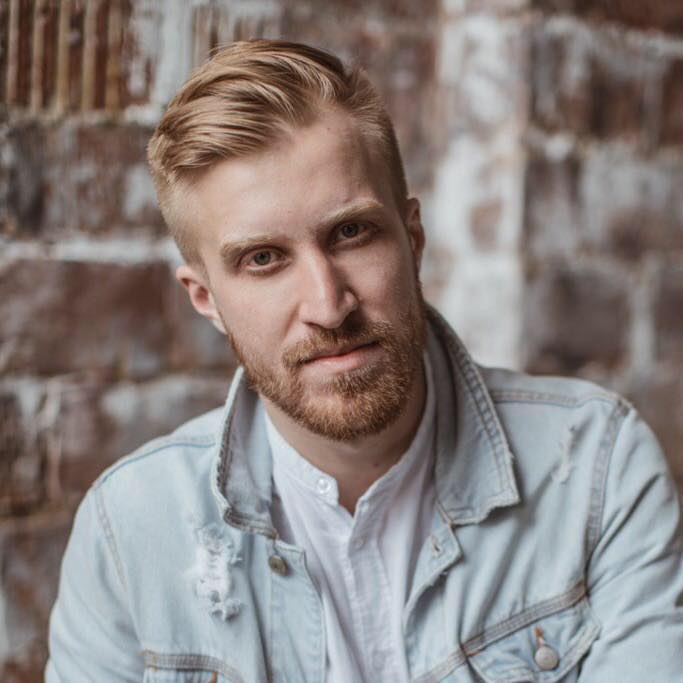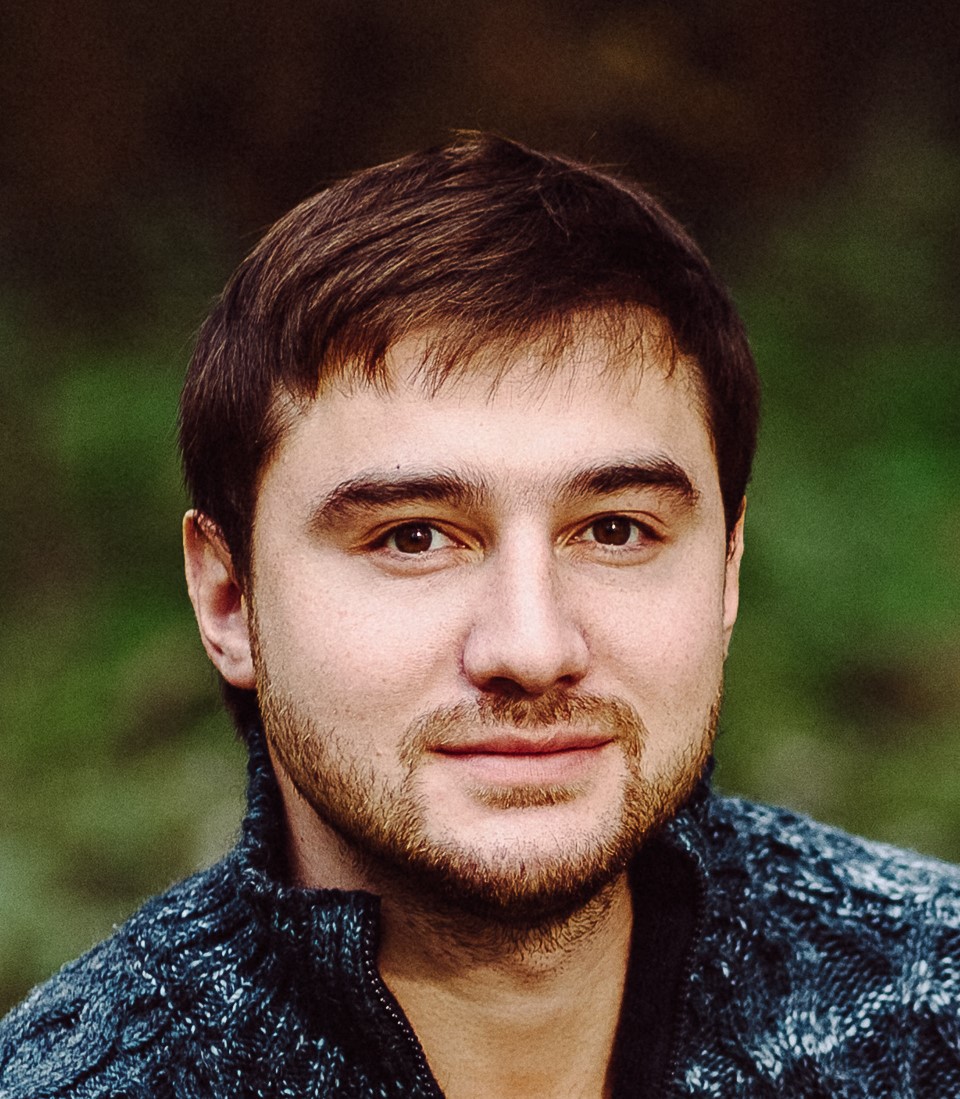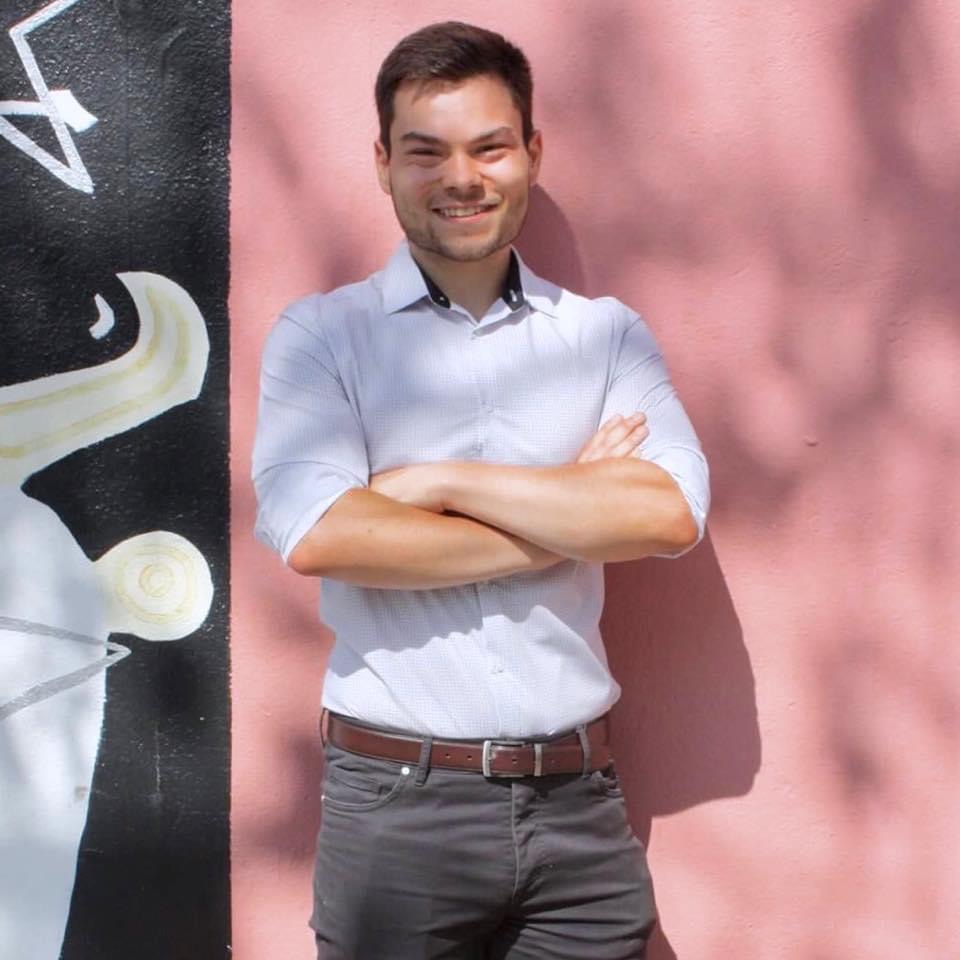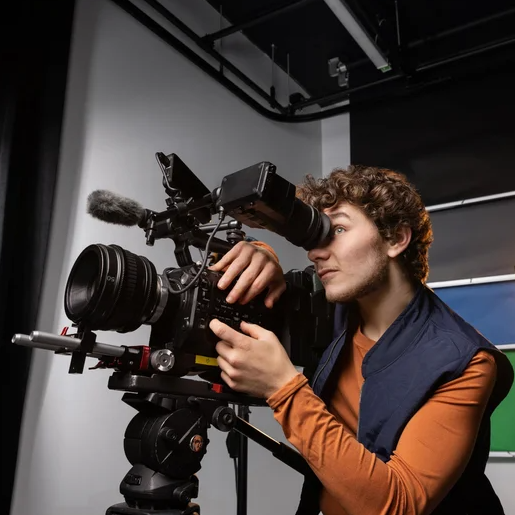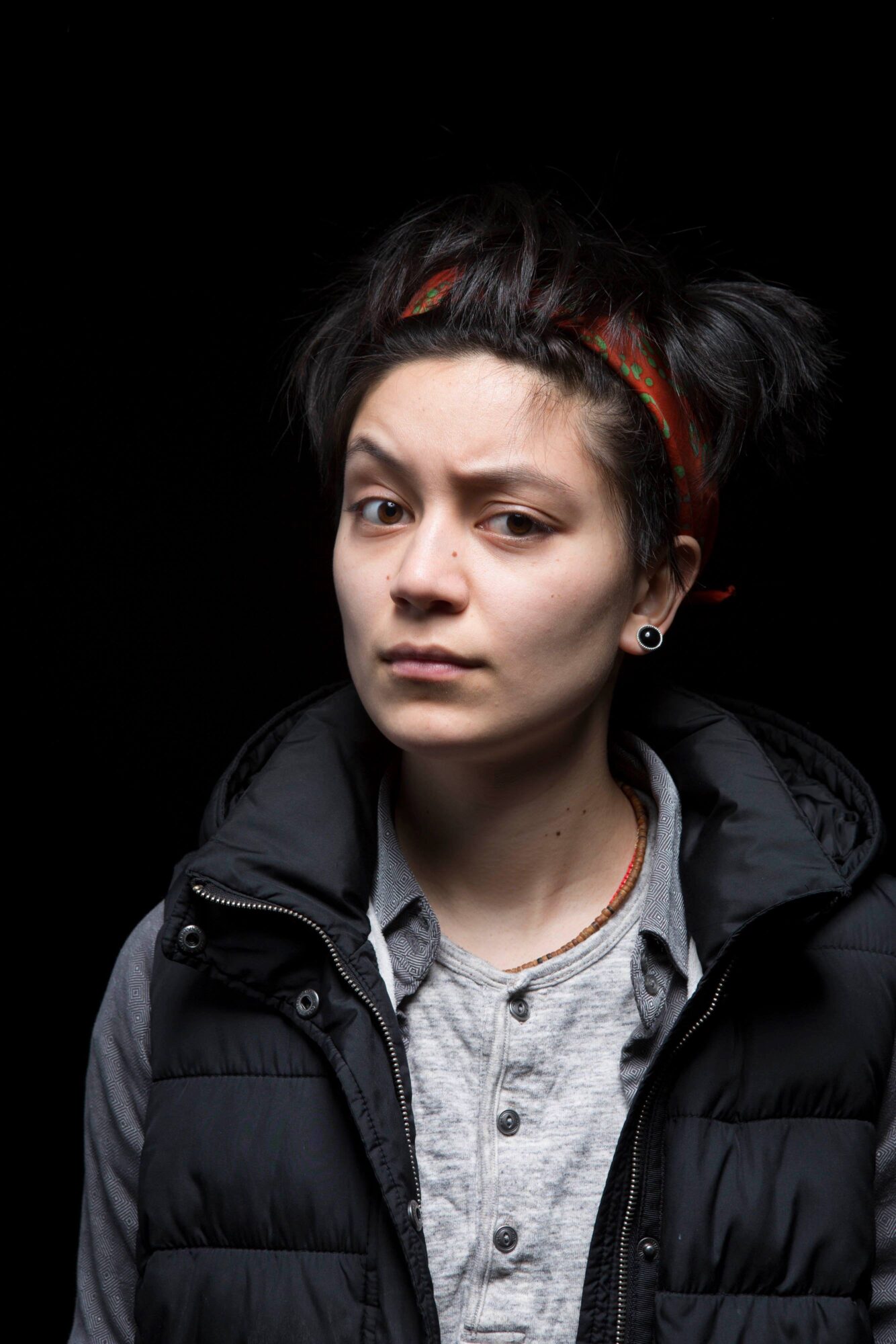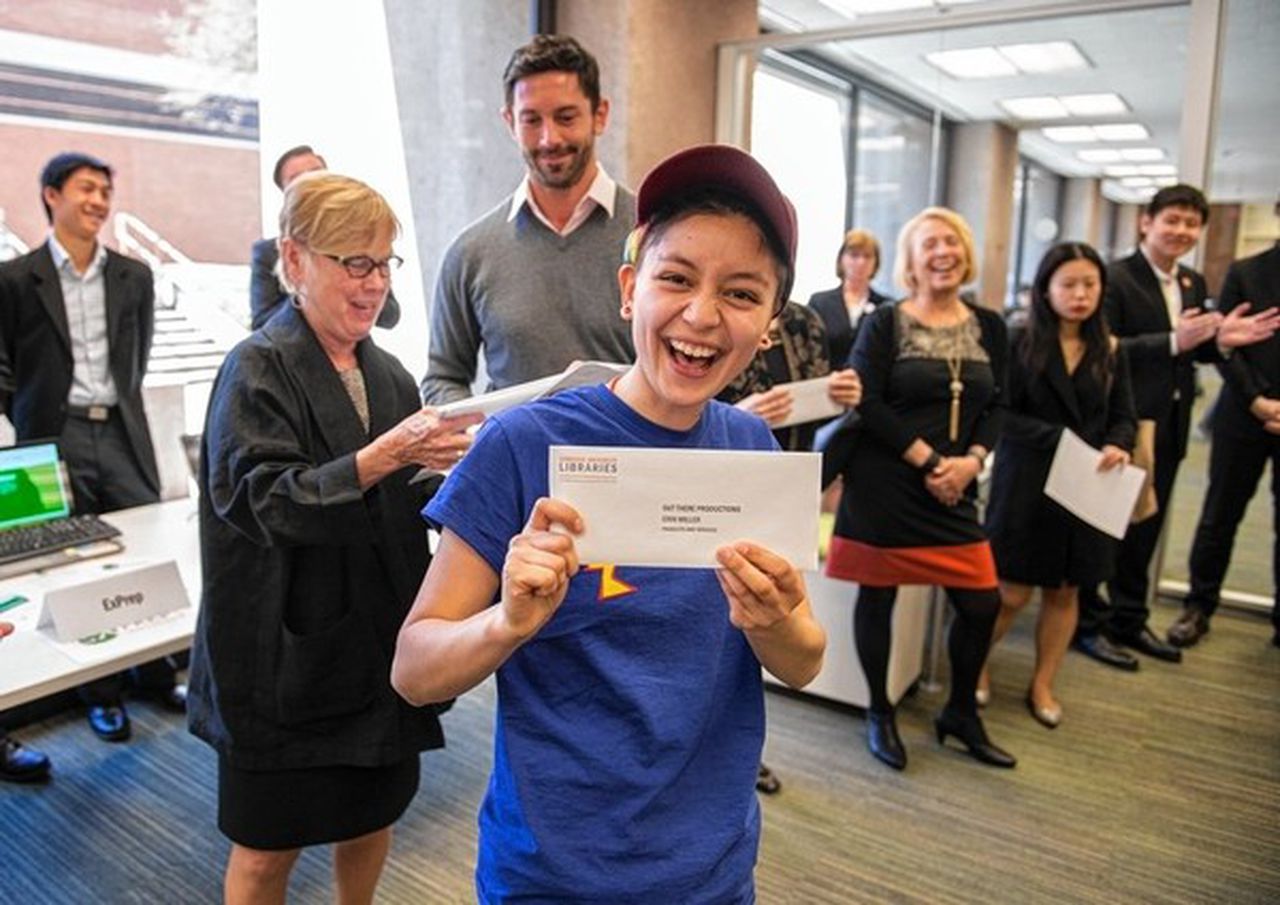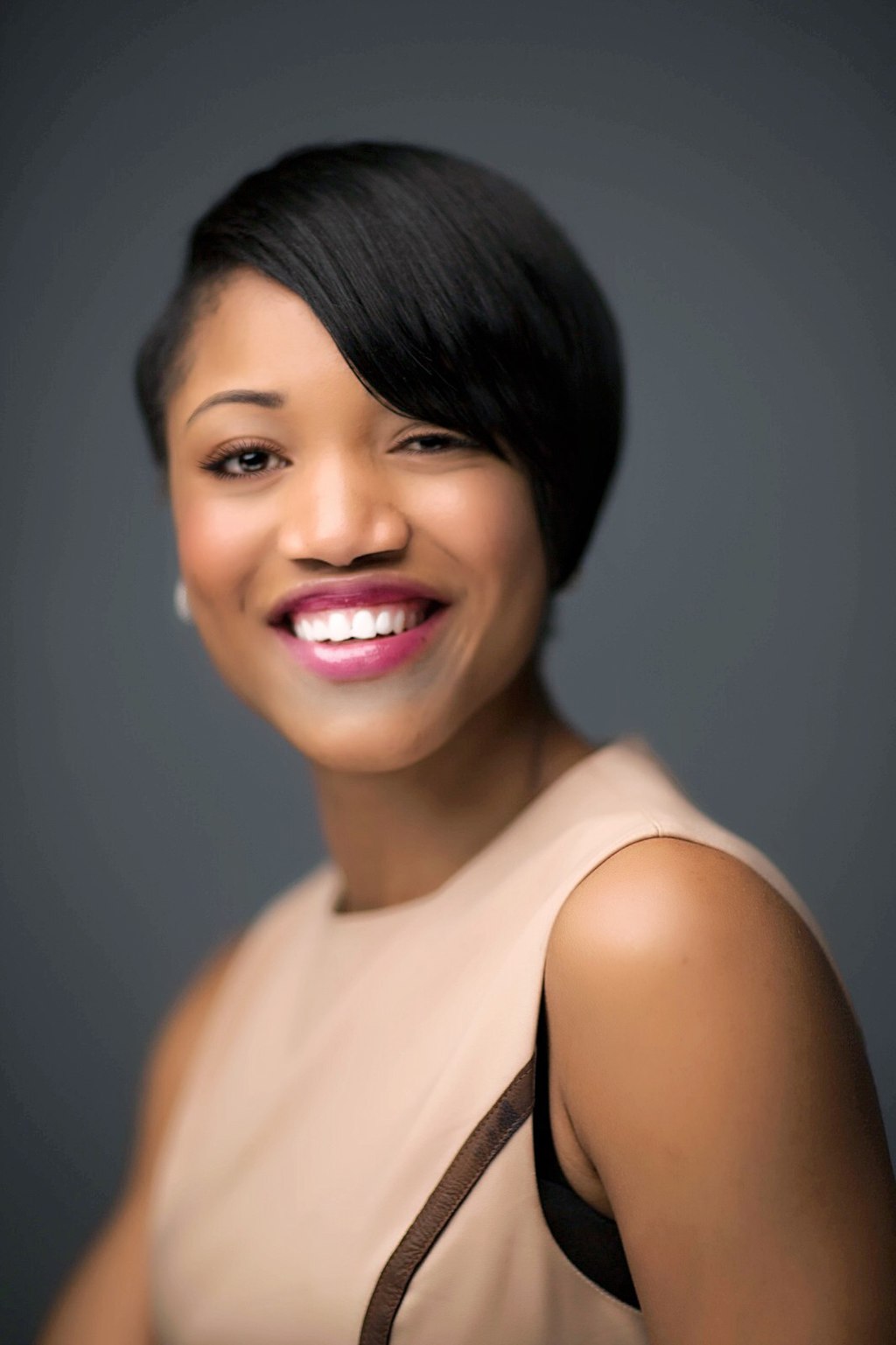
Hours of studying, networking, writing cover letters, and practicing interviews is something college students work tirelessly at for one purpose: getting their first job after graduation. However, when that offer letter comes in and that first day of work arrives after graduation; it can be hard to adjust from the world of classrooms and papers to offices and project reports. Full-time jobs, particularly corporate jobs, often throw one into a completely foreign world with different language, workflows, and expectations.
Sandra Appiah Babu-Boateng, 2010 graduate from the S.I. Newhouse School of Communications hopes to prepare students and graduates to thrive in their newfound professional world. Through LegacyShift, a network platform that smart-matches members for skills training, mentorship, and career support, she is attempting to change the system so that entering the workforce is a smooth transition, not a jarring adjustment.
Babu-Boateng’s drive for starting LegacyShift comes from her own experience entering the workforce after she graduated from Syracuse University. As she grew up in a family of immigrants, working tirelessly to pursue her dreams and create a rewarding and enriching career for herself was at the center of her drive to succeed while in college. However, thriving in her career was not as straightforward as she believed it to be. “This was my American dream, but I got there and realized that hard work was not enough,” said Appiah Babu-Boateng.
Once in her job, she found that much of success in the workplace wasn’t related to simply hard work and focus, as much of success in school is. Instead, she found that successful careers demand excellent communication skills, navigating and collaborating with teams, and consistent networking and widening your support and professional circle. However, all these skills were not taught to Babu-Boateng through her college education, and she began to feel lost and burnt out navigating an unfamiliar professional system. “I felt more and more invisible and there wasn’t an easy way for me to find support internally,” she said of her time in her first job.
Babu-Boateng didn’t just see this struggle in herself, but also realized that many young professionals around her were struggling with the same feelings of skills gap, confusion, and inadequacy. Particularly for young people of color, professional workplaces can often be predominantly white and do not create welcoming and supportive spaces for individuals from diverse backgrounds. Babu-Boateng decided she wanted to change this harsh environment.
Babu-Boateng recognized the importance of mentorship and coaching as a catalyst for life and career success but saw inefficiencies and biases around how organizations run and manage these programs. She built LegacyShift to help organizations automate and streamline these programs so they can operate them at scale and more democratically. Organizations can use the platform to set up internal mentorship networks, create professional development courses, and use data analytics to understand skill gaps and how they can improve these programs. What excites Babu-Boateng the most is how LegacyShift is helping universities engage their alumni network to provide mentorship and coaching to students so they can be better prepared for the next stage of their life. Reflecting on her early experience in corporate world, “this is something that would have been a life changer for me,” she says.
The core of LegacyShift’s work is helping professionals to not only succeed in their careers but helping companies to support their workers. Appiah references that lack of growth and opportunity are the leading reasons people are switching jobs or searching for different industries post-pandemic. This is not the same thing as individuals truly hating their jobs, but searching for spaces where they can continue to grow, learn new skills, and advance. “The Great Resignation is turning into the Great Regret- the grass is not greener on the other side,” said Babu-Boateng of the current marketplace shifts. She hopes that LegacyShift will help companies and organizations effectively leverage their own internal talent to hone new skills, elevate and inspire their members at scale. She currently invites organizations to join LegacyShift’s waitlist here.
In thinking about the success of companies and organizations, Babu-Boateng highlights that at the end of the day, all success stems directly from humans. People are the driving force and visionaries behind all work and accomplishment. To create successful businesses and meaningful careers, companies and individuals need to invest in professional development and creating systems of support. “It’s critical to have people who are sharing experiences with you, teaching you, and helping you navigate specific experiences. We will be the #1 solution for human centered learning and development which will become critical for organizations, particularly those who want to win the “war” for talent,” said Babu-Boateng of LegacyShift’s impact on the professional world.
Babu-Boateng recently completed Techstars Boston. She invites any investors, organizations, or companies interested in learning more to reach out at contact@legacyshift.com.
The Syracuse University Blackstone LaunchPad is currently one of the first beta users of the platform, with peer mentors on the system. Students interested in trying out the platform to match with a Syracuse LaunchPad mentor should reach out to the LaunchPad by e-mailing LaunchPad@syr.edu
Story by LaunchPad Global Fellow Claire Howard ’23; photo supplied
